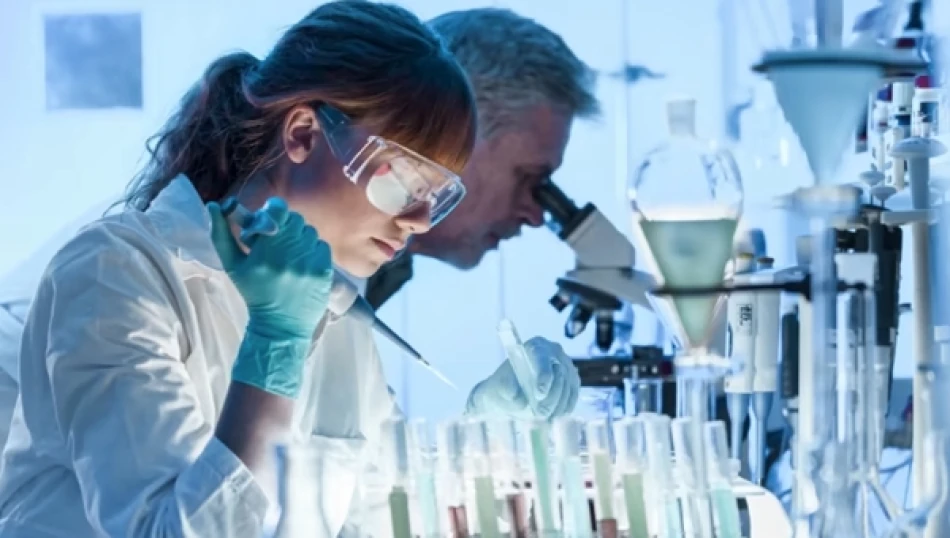
Australia Boosts Medical Research Across Southeast Asia and the Pacific
Australia Launches $72 Million Regional Health Security Initiative to Counter Future Pandemic Threats
Australia has unveiled a major 72 million Australian dollar medical research program spanning Southeast Asia and the Pacific, signaling Canberra's strategic pivot toward health diplomacy as a tool for regional influence. The initiative positions Australia as a leading coordinator of pandemic preparedness efforts while strengthening ties with critical neighbors including Indonesia and East Timor.
Strategic Health Investment Across Key Regional Partners
Foreign Minister Penny Wong and Health Minister Mark Butler announced the funding will support 24 medical research teams through the National Health and Medical Research Council's Centers of Research Excellence program. The initiative extends beyond Australia's borders to include East Timor, Indonesia, and broader Southeast Asian and Pacific regions.
This cross-border approach reflects Australia's recognition that health security cannot be achieved in isolation. The COVID-19 pandemic demonstrated how quickly diseases spread across the region's interconnected economies and populations, making collaborative research essential rather than optional.
Focus on Next-Generation Vaccine Development
The program prioritizes developing more effective vaccines and enhancing regional cooperation to address shared health challenges affecting humans, animals, and the environment. This "One Health" approach acknowledges that approximately 75% of emerging infectious diseases originate from animals before jumping to humans.
By investing in vaccine research infrastructure across multiple countries, Australia is creating a distributed network of scientific capability that could prove crucial during the next health emergency. This contrasts with the concentrated vaccine production that left many countries dependent on a handful of manufacturers during COVID-19.
Geopolitical Implications for Regional Leadership
The timing of this announcement reflects Australia's broader strategy to counter China's growing influence in Southeast Asia and the Pacific through practical cooperation rather than purely economic incentives. Health diplomacy offers Australia a unique advantage, leveraging its advanced medical research capabilities and established democratic institutions.
Unlike infrastructure projects that can take decades to complete, health research partnerships deliver immediate benefits through knowledge sharing, capacity building, and emergency response coordination. This creates goodwill while establishing Australia as an indispensable regional partner.
Economic and Scientific Returns on Investment
For Australia's domestic research sector, the program represents a significant expansion of funding and international collaboration opportunities. The 24 research teams will gain access to diverse disease environments and patient populations, potentially accelerating breakthrough discoveries.
The investment also positions Australia to benefit economically from any successful treatments or vaccines developed through the program. Given the global pharmaceutical market's size—worth over $1.4 trillion annually—even modest success could generate returns far exceeding the initial investment.
Building Resilience Against Future Health Crises
The program's emphasis on regional capacity building addresses a critical vulnerability exposed during COVID-19: the concentration of medical research and manufacturing in wealthy countries. By distributing expertise across Southeast Asia and the Pacific, the initiative creates multiple nodes of response capability.
This approach mirrors successful models in other regions, such as the European Centre for Disease Prevention and Control, which coordinates health responses across EU member states. However, Australia's program operates across more diverse political and economic systems, potentially making it more adaptable to varied crisis scenarios.
The initiative represents a calculated bet that health cooperation will prove more durable and politically sustainable than traditional diplomatic or economic partnerships, especially as climate change and urbanization increase the likelihood of future pandemic threats across the region.
Most Viewed News

 Layla Al Mansoori
Layla Al Mansoori






